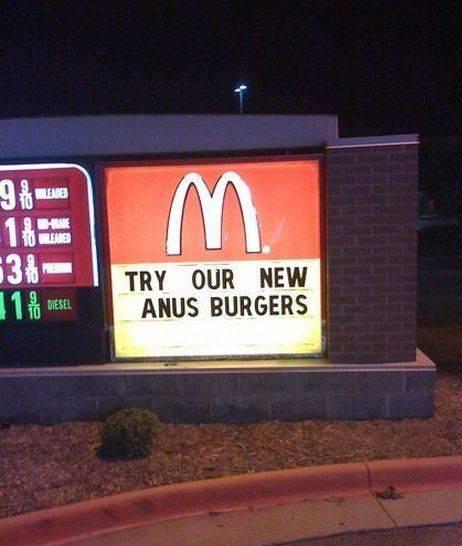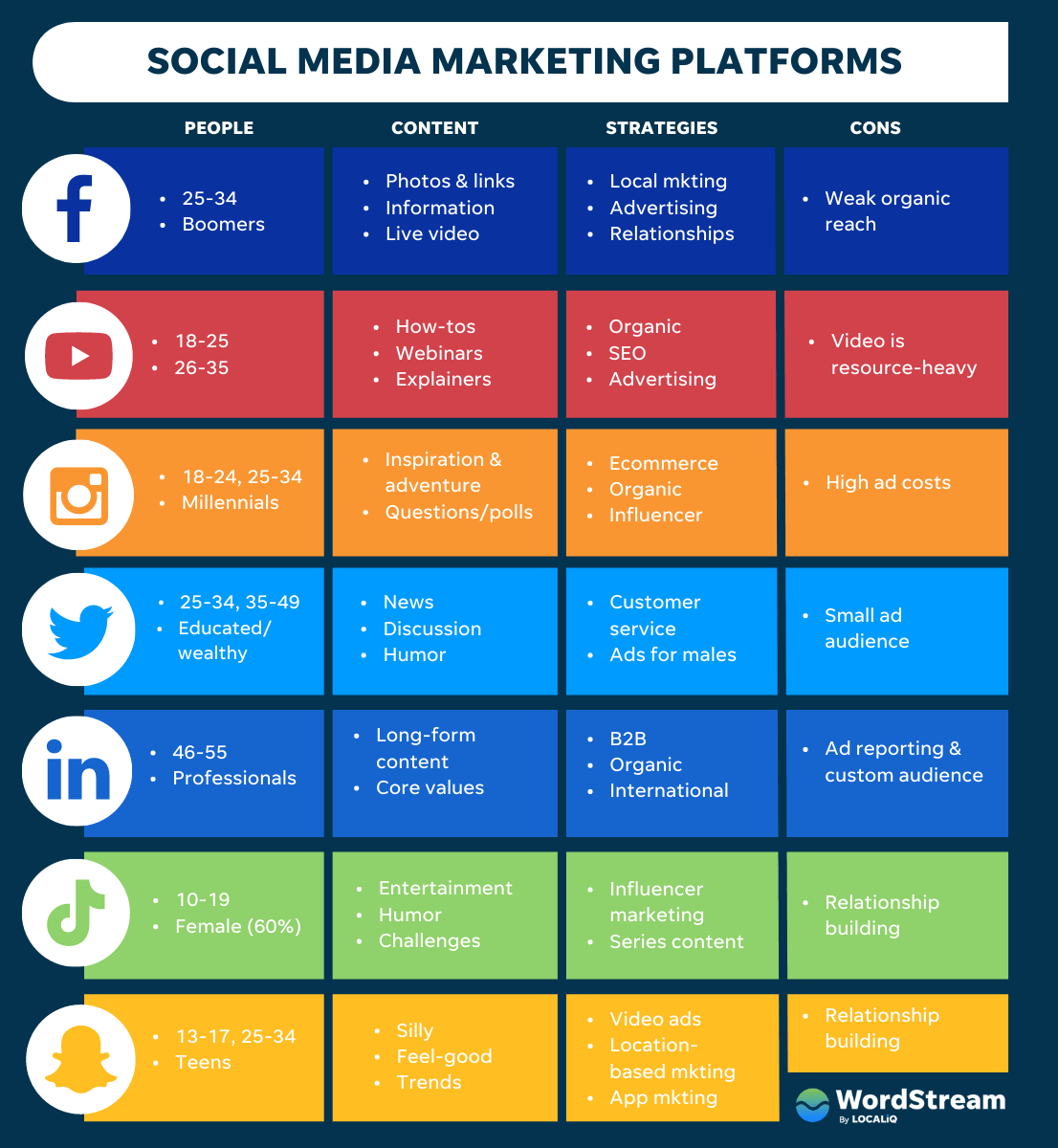

Only the details, such as quantity and delivery date, need to be decided. This is because the Assumptive close is exactly that - you assume that the sale is inevitable. This is one of the most popular closing techniques but requires 100% confidence that the prospect is ready to buy. Is there anything else you would like to add before we confirm the contract?” 3.
YOU SHOULD BE HERE SIGN FOR SALE FULL
In other words, this approach simply repeats the terms of the offer but can help the prospect visualize the entire package.Ī Summary close could look something like this: “For your conference of 200 people, our catering offer includes appetizers, meat and vegetarian entrees, desserts of your choice, a bar serving beer, wine, and a signature cocktail, and full setup and breakdown. The Summary close is a great opportunity to remind the prospect about the benefits of your product (price, features, service, availability, etc.) and why it is uniquely capable of solving their pain points. In this situation, the prospect might have forgotten some of your key features and pricing. The Summary approach may seem relatively bland at first, but it can be highly effective in situations where the prospect is evaluating offers from multiple vendors. I would love to complete your contract now so we can get you on the schedule.” 2. However, that date is in high demand, so I can’t guarantee the spot will be open after today. I understand you may want to look at other companies. Here’s how a Now or Never close could play out for a catering company: “Right now, we have availability to cater your conference on March 1. So you need to be certain that the prospect definitely wants to purchase but needs a nudge to close the deal now. However, if the prospect hasn’t indicated a strong or urgent interest in your offering, this approach can backfire, especially if scarcity isn’t really an issue. Whatever the case, if they don’t close the deal now there are no guarantees your offer will be valid later. Perhaps product inventory is running low or the discounted price will expire after a certain date. In this scenario, you appeal to the prospect’s fear of missing out (FOMO). As with all closing approaches, you have to accurately gauge the prospect’s sense of urgency. This is also known as the scarcity close. That’s why reps need to be ready with a set of proven sales closing techniques they can adapt to any situation on the fly. Some fit certain businesses or types of sales better than others.

Not all closing techniques are created equal.
YOU SHOULD BE HERE SIGN FOR SALE FREE
So let’s dive in! Here’s what you’ll take away from this blog:ĭownload our free Guide for 7 Steps to Successful Selling to help your business boost conversions, turn prospective leads into loyal customers, and deliver positive experiences at every stage of the sales lifecycle. For these reasons and more, it’s important to learn a few closing strategies to get the sale over the finish line. Customer needs can change abruptly, or new stakeholders may come into play at the last minute. Of course, closing deals is not always that easy. įor instance, some of these technologies excel at helping you qualify leads, personalize communications, and understand customer pain points so you can overcome objections. These and other tools can take the stress out of closing by simplifying the rest of the sales cycle. Today we have powerful tools, such as customer relationship management ( CRM ) and marketing automation, that make it easier than ever to attract qualified leads and build lasting customer relationships. Technology makes closing easier than ever However, today’s sales strategy is more about listening and solving real customer problems.

In years past, manipulation and high-pressure tactics were all part of the mythical sales pitch. Not only do sales generate revenue and increase market share, there’s also the satisfaction that comes from solving problems and building great customer relationships.Īlthough the importance of closing deals hasn’t changed much, how we close sales has evolved a lot. For every salesperson, closing a deal is the ultimate goal, and for obvious reasons.


 0 kommentar(er)
0 kommentar(er)
